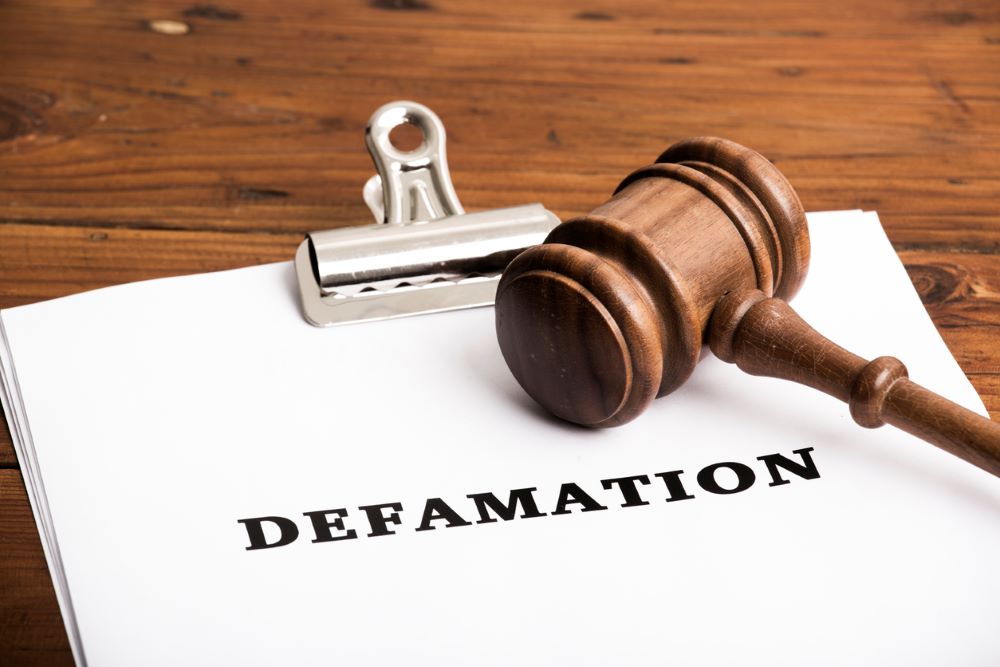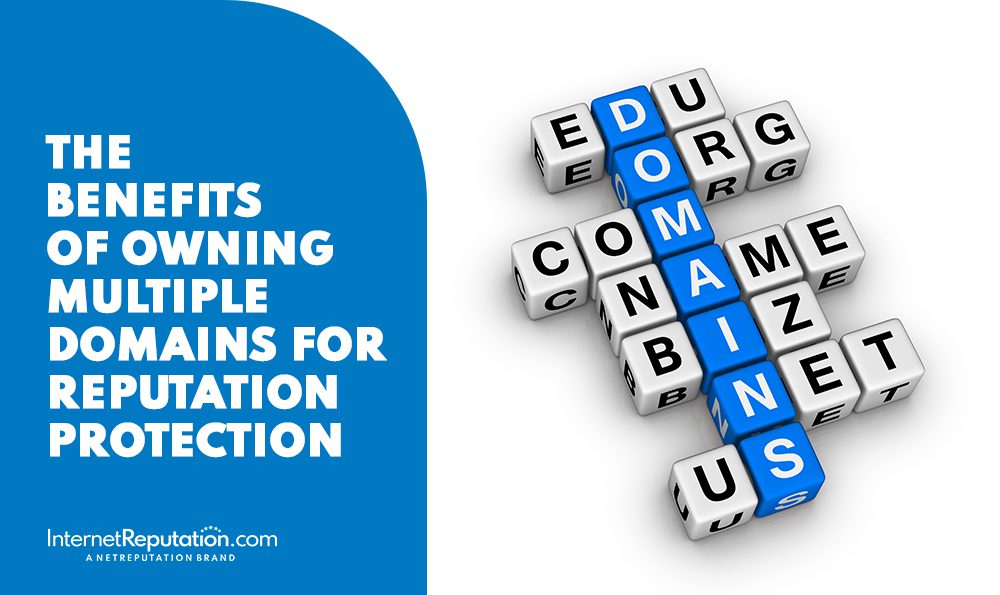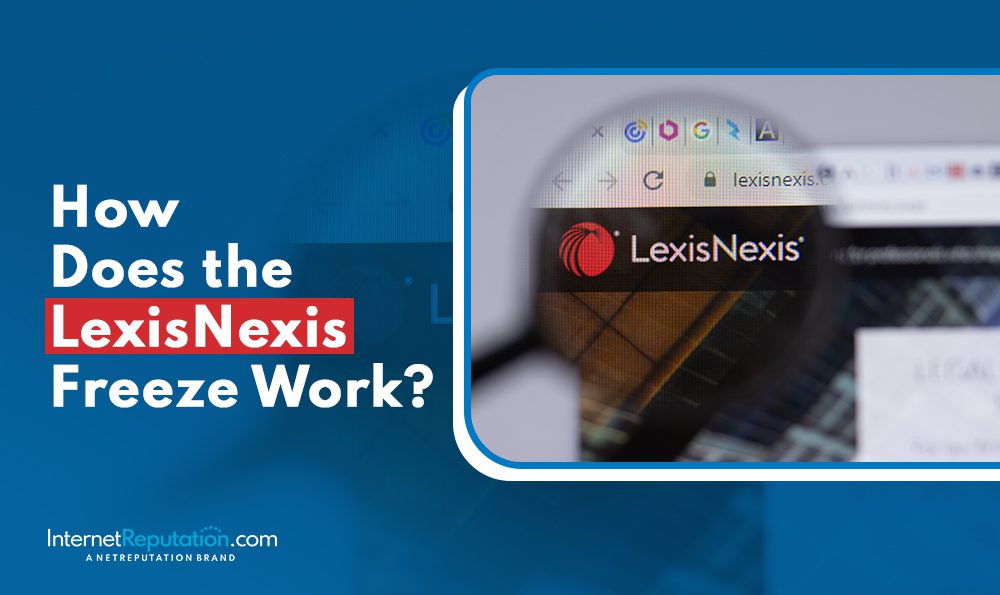Defamation Laws in the US: Your Complete Guide

Learn everything you need to know about defamation laws with our guide.
There are defamation cases in the United States more and more every day. Now in the current era, we are witnesses to the latest defamatory case between Amber Heard and Johnny Depp.
But what are the actualities when it comes to understanding what exactly the defamation law states? Let’s check out the most basic definition of this and then we will answer some of the hottest questions in regards to defamation.
Defamation or defamatory statement is an act that injures another party’s reputation. The two basic defamatory cases that can cause actual malice are libel and slander. Libel is when the party faces written defamation and slander is when it is spoken defamation.
In order for the party to be able to act on the law of defamation, there need to be five basic elements that can show any cases of breaking the defamation laws.
- A false statement that is supposed to be a fact – This is the most basic element where the statement needs to be spoken or written or expressed in any way. In such cases, the written word is more harmful than the spoken one, since the spoken word fades faster from memories. What makes it a harmful statement is the fact that it can be spoken in front of public or private figures that can testify.
- A published statement or communique of the same statement – For the published content to be considered defamatory is the process where public officials or media writers come in touch with no matter slander or libel defamation content and share it with others. When it comes to the term “published” it’s often thought that the defamation statement is shared with the public via TV, radio, and social media.
- Fault statement that caused damage – If you want your defamation lawsuit to be eligible and win in the court, you need to prove that the slander or libel case actually did some damage to you or your income and reputation. Any loss on your end that can be proven is done because of the falsely defamatory statements is crucial to winning you the case when the supreme court held the hearing.
- The complete statement is false – The law for defamation will consider only statements that are false actually. If it happens that the statement is true, that means it is not defamation. Also, if there are opinionated statements, they will not be considered false since they are subjective.
- And when the statement is not in a privileged category – For the statement to be classified as defamatory it needs to be unprivileged. Your case will not be able to hold in the court if it is considered a privileged statement. When a witness testifies and makes a statement that is not true, they will be immune to lawsuits because the testifying is privileged.
An interesting fact is that the defamatory have their roots even before the American Revolution and the first bigger case that caught people’s attention happened in 1734 for charges of libel defamation.
Frequently Asked Questions
Q: What are some examples of defamation?
A: As stated above, the most recent example of defamation is between Ms. Heard and Mr. Depp. Johnny Depp pressed charges against his ex-wife because of her article for the Washington Post where she openly spoke about her marriage with the famous actor.
That was enough for Johnny Depp to press charges and open a defamation suit against the actress, supported by the libel law for defamation. Some other examples of libel defamation are Milkovich vs Lorain Journal Co which ended up in the supreme court. Then Gertz vs Robert Welch (1974), Hart-Hanks Communications vs Connaughton (1989), and many more.
Q: How do you prove defamation of character?
A: To be truthful, defamation of a character is really difficult to prove in a court of law. Since the accusing and the hardship of proof falls upon the defendant or the accused person, then it is up to them to prove the claim. Also, the slander is only thought of as a tort that is considered defamatory – but it is civil wrongdoing and not really a criminal penalty.
A fresh example of defamation of a character is in 2017 when Rebel Wilson was in a defamation of character case. She was attacked by Bauer Media (media company) that she was a liar and that fabricated every aspect of her life.
Since these statements were untrue, Ms. Wilson was able to defend herself against those statements, but it was hard for her to prove that Bauer Media had actual malice in mind and wanted to cause harm to her since they can state it is a reckless disregard and shield themselves from further processing.
Q: Is defamation of character a tort?
A: To continue on the previous question and answer this one – we can clearly say that defamation of character is considered a tort. This means that even if it is not a criminal wrong, the person can suffer big consequences if attacked.
The tort law still goes with the claim that it is not a criminal controversy, but such false statements can be enough to start a defamation case. Everything might be easier for the accused person if they can prove actual malice and will be considered more than a civil wrong.
Q: Is defamation only in writing?
A: There are two cases when a person can sue for defamation, which answers the question that there are more defamatory types than one in writing. Written defamation is called libel, but there is also verbal defamation that is called slander.
Even though these are the two main types of defamation, both of them can be split into online and printed cases. Both are equally treated and harmful, but they are separated into these types for obvious reasons. One can happen online, no matter if it is on a newspaper website or website of public interest, and the other can happen on physical written forms like the actual newspapers.
Q: Can the truth be defamatory?
A: In most jurisdictions, truth is protection against defamation claims, provided it may be confirmed. Nonetheless, in some jurisdictions, truth alone just isn’t enough: it’s additionally required that the general public interest within the publication be established as well. Courts in some jurisdictions, like South Africa, have even discovered that false statements should not represent defamation.
In National Media Ltd and Others v Bogoshi, the court created the defense of reasonable publication, discovering that the publication within the press of false defamatory allegations of fact is not going to be thought to be unlawful if, upon consideration of all of the circumstances of the case, it’s discovered to have been reasonable to publish the actual facts in a specific manner and at the specific time.
Q: What is a defamation lawsuit?
A: THe defamation lawsuit is a process that is taken to the next step and the actual court of law is included in bringing out the truth and defending or accusing the person defamed. The defamation lawsuit mostly takes place when a person needs to protect his own reputation when he or she feels like they are attacked without reason or for the sole reason of accusing them and the accuser needs to hurts someone’s reputation.
Defamation lawsuits (no matter if they are slander or libel lawsuits) need to protect this particular public figure’s reputation and the accuser (if wrong) could face some criminal penalties. No reasonable person should put out some allegedly defamatory statement about any public figure and rely on free speech to avoid any charges.
Q: What are some consequences of defamation?
A: If a plaintiff’s reputation is damaged, he’s entitled to obtain damages for any misplaced earnings, future misplaced income capacity, and different misplaced business or financial alternatives that he/she suffered or is more likely to suffer because of the defamatory statement.
Maybe the most typical destructive consequence of a defamatory statement is harm to your professional status. In case you’re a local businessman and somebody makes a false assertion about you to others, indicating that you just did something dishonest, that may trigger your clients to take their business elsewhere.
After all, monetary consequences usually go hand-in-hand with harm to reputation. In case you lose your current business, or lose your job, or can show that you just lost business alternatives or the possibility of a promotion, you possibly can search for compensation for these types of financial harm as long as you possibly can prove them with a point of accuracy.
Q: What is the punishment for defamation?
A: When it comes to defamation in the United States since the laws are different from state to state, is truly confusing when it comes to the defamation and libel laws. If a defamation claim happens to a person, they can be criminally charged, but this law varies from the state you are located in. Also, defamation is criminal in several states and they are enforced very rarely.
But that doesn’t mean that it can go without punishment. There are several cases where defamers can end up in jail. Firstly is if they violate a restraining order – nothing unclear about that. Secondly is if they are charged with related cases like sexual misconduct, harassment, or stalking.
Defamation happens when one side, oftentimes public figures are facing a false and sometimes true statement that can ruin their image. As the freedom of speech has never been stronger than in the current era, people are (miss)using it to make a name for themselves mainly attacking famous and public people.
And if you are prone to attend legislative proceedings, face the federal law, and even end up in jail – start a public controversy for some public person. Every public person will make an absolute defense in such cases and will try to clear their name if they are falsely accused.
Many were following the television broadcast of the public defamation between case Johnny Depp and Amber Heard, and let that be your example of how certain statements can be proved false and how can that ruin someone’s career and life.
Looking for help in protecting your public brand? Contact us now!



